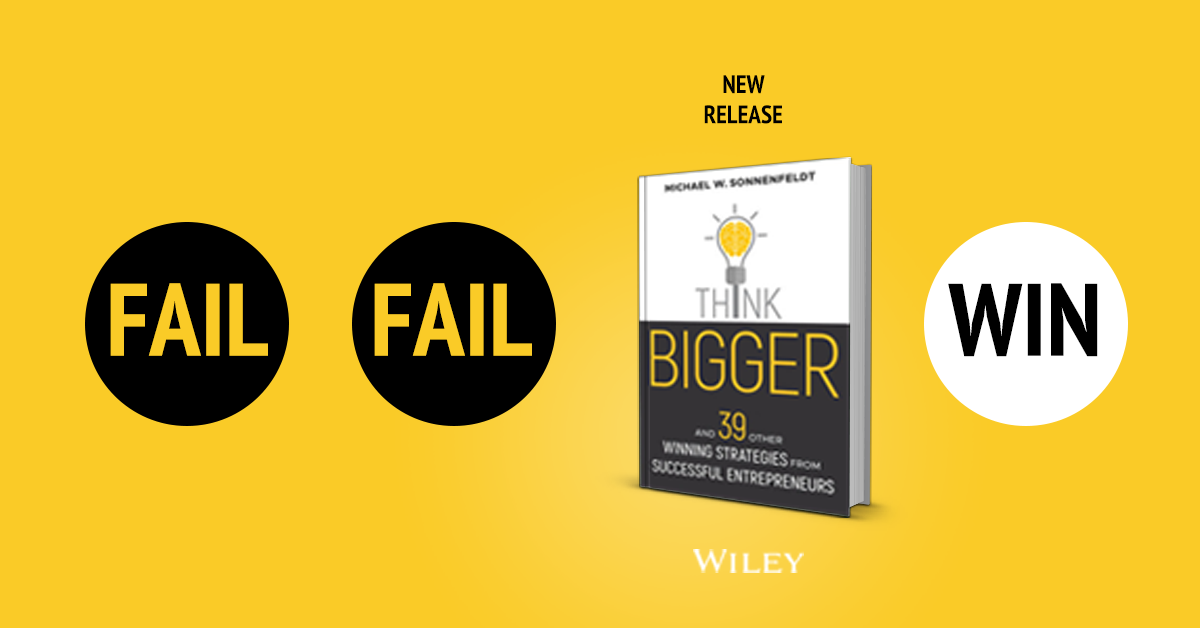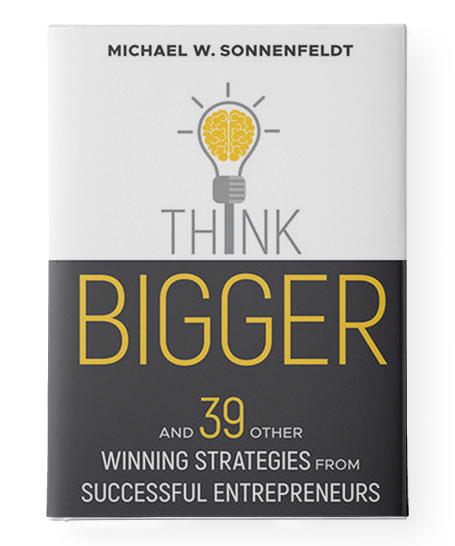When I think about the grittiest entrepreneurs I know, Candice Carpenter Olson leaps to mind.
In the early 1990s, Candice was a highly ambitious, successful woman in Manhattan. She had already had an extremely impressive career in the corporate world. By the time she was 40, she’d been a vice president at American Express, the president of Time-Life Video, and the president of Q2, a high-end version of QVC that she built with Barry Diller. She gained a reputation for being tough enough to stand up to him, though she claims she felt like hiding under the desk most days.
She realized how desperate she was to be her own boss when, on the way to interviews with various corporations, she would get sick to her stomach and actually throw up. “There couldn’t have been a clearer sign,” she said. “I had to strike out on my own.”
At that time, the Internet was just beginning to emerge into the public consciousness and Candice, who had been advising one of the top executives at AOL, saw a huge opportunity to create an online network targeted at women. As a single woman, Candice knew how hard it was to find the right partner. She was dating a lot, but couldn’t find anyone worth committing to.
“We were full of religious fervor about the idea,” she says. But investors didn’t get the concept at first. “They would look at me and say, ‘Women won’t ever use the Internet.’” It sounds laughable now, but at the time it was the conventional wisdom.
She tuned out the naysayers and forged ahead. In 1995, Candice founded iVillage. By 1999, the company was worth $2 billion.

Discover Think BIGGER, a new book for entrepreneurs looking to maximize their investments and take their business to the next level.
While she was doing all this, Candice was also a single mother to a small toddler. She had decided it was better to start a family on her own than to settle for the wrong partner. The fact that she was able to create a successful start-up while she entered motherhood as a single parent is something that many people can’t quite believe.
Candice knew that when an entrepreneur chooses the wrong mate, the results—both personal and professional—are disastrous. “Entrepreneurs are artists and they need the emotional support an artist needs,” she says. “A CEO is lonely. An entrepreneur CEO is even more lonely. But a female entrepreneur CEO with a kid? That was sort of one of a kind.”
It was tough, she admits, but she found a way to make it work. She hired a student cook who would prepare dinner every night for her and her young daughter. “I’d go rushing home at six o’clock and skid into my seat at the dinner table. Then, I would spend a few hours with my daughter, completely present. The minute I put her to bed, asleep beside me, I would whip out my computer and work until midnight or later. It was very intense. But I wouldn’t have done it any other way. Now my daughter is starting her first company at 22.”
The coda to Candice’s story is equally unexpected: Within two years of stepping down as CEO of iVillage in 2000, she met her current husband, Peter, the head of Random House at the time. Together, their family has seven children, three adopted from Eastern Europe. Both Candice and Peter are currently working on new companies of their own.
I’m sure Candice would agree with Rick’s assessment of pulling off entrepreneurship as a single parent: “If it were easy, everyone would be doing it.” That’s something that every entrepreneur struggling to grind it out should memorize.
 NEW BOOK RELEASE
NEW BOOK RELEASE
Discover Think BIGGER—a new book by Wiley and part of the Bloomberg series. This book is a must-have for any entrepreneur. Think BIGGER will show you the skills to grow wealth that can be applied to making the world a better place.
Think Bigger: And 39 Other Winning Strategies from Successful Entrepreneurs; Michael W. Sonnenfeldt; Copyright © 2017 Michael W. Sonnenfeldt. Excerpted with permission of John Wiley & Sons, Inc.